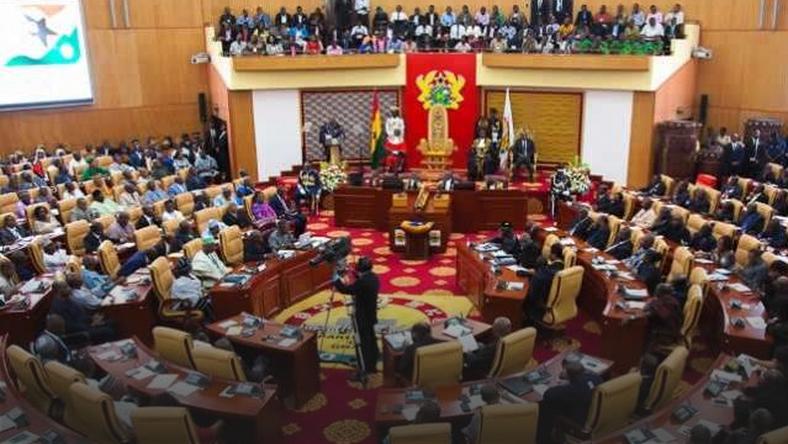The immediate human and economic costs of COVID-19 are severe. Public sentiments commonly shared resonate a single thought: ‘We are not in normal times.’
On the global front, the virus threatens to scale back years of progress on reducing poverty and inequality and has caused most countries to be more inward-looking than before. It has further disrupted global cooperation, which was already weakening before the virus struck. Therefore, countries have had to find their own solutions to the ravaging effects of the virus.
In Ghana, people’s livelihoods have been lost; a lot more others are struggling to sustain their near-collapse businesses, if not already; households are struggling to pay the fees of their children; the financial health of the country is at high risk, government support to the people is growing leaner and leaner.
In the midst of all these, extra commitments and/or sacrifices are yet to be seen by our leaders (parliament) to forfeit certain indirect benefits they are entitled to— Ex Gratia, Allowances, etc. which may serve in part as a channel of alleviating some of the burden Ghanaians are faced with as a result of the costs of COVID-19.
Essentially, it is a trait of leadership to be ready to sacrifice. And with regards to the current issue on the floor of parliament, members of parliament need not go too far as to call on the president to make a total waiver or a partial waiver of the fees, but can show leadership by absorbing these fees from these indirect benefits they are entitled to.

The motion on the floor of the house of parliament was a request for the house to suspend the Fees and the Miscellaneous Provisions Instrument, 2019 (LI 2386) for the 2021 academic year which determines the payment of admission fees by new entrants into public tertiary education institutions and continuing students of those institutions for the 2020/2021 academic year.
Particular to this issue, the Speaker of Parliament, Right Hon. Alban Bagbin said yesterday, January 21, 2021 that:
“I am more persuaded in us calling on the government to absorb a portion of the fees not all of it. If they are to suspend, the students will still be required to pay the fees later, but the reason for this motion in the first place is to ease the financial burden COVID-19 has brought to their parents and guardians. So, why not call for absorption?”
EX-GRATIA AND ALLOWANCES
Quite recently, all the 275 MPs who served in parliament between January 2017 and January 2021 were speculated to receive approximately GH¢452,000 each as ex-gratia. Do the arithmetic! This amounts to GH¢124,300,000.00 as ex-gratia to all the MPs who served in the 7th parliament of the 4th Republic.
Based on a 2019 statistics, the total number of students in the country’s three most prominent tertiary institutions was 155,000: UG- 38,000; KNUST- 42,000; and UCC- about 75,000. Suppose that, the total number of students in all of the tertiary institutions in Ghana is double this number- 310,000 students and each student is required to pay an average fees of GH¢3,000.00, the total amount of fees to be paid this academic year will be GH¢930,000,000.
Considering that parliament resolves to absorb part of the fees by half, the total amount reduces to GH¢465,000,000, which when we deduct from the GH¢124,300,000.00 becomes GH¢340,700,000. Should extra allowances for parliamentarians this year be discounted and used for the purpose of defraying part of this cost, this may largely reduce the burden on households.
Members of Parliament would then have succeeded in winning the trust of the populace regarding having the interest of the country and its people at heart.
The debate about the absorption of fees, thus, will continue in parliament today, 22 January, 2021.
READ ALSO: COVID Relief Program: Should Gov’t suspend payment of fees by tertiary students?





















